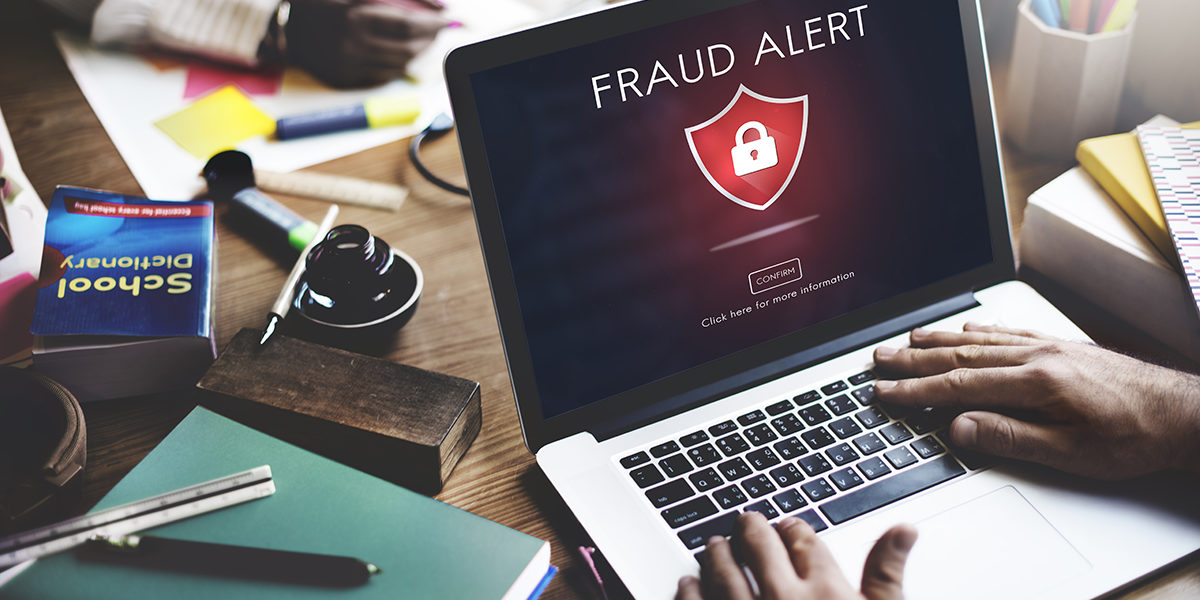Criminals are always trying an assortment of tactics to rob individuals and corporate entities of the resources they own. One strategy they’re known to use is business identity theft. This means that malicious actors steal the identity markers of businesses—whether they are names, logos, bank accounts, websites, emails, etc. –for nefarious purposes.
Read more about Business
Examples of Business Identity Theft
Here are a few examples of business identity theft:
- Someone may clone your business’s website and use a slightly misspelled version of your URL, to target and extort from people who think they’re transacting with your business
- Criminals posing as representatives of your organization could solicit payments from your business partners using your organization’s name
- A bad faith actor may register your brand name or logo as their trademark, and ask you to pay them so they’d release it to you
Steps to Prevent Business Identity Theft
The following are steps you can take to protect your organization from business identity theft:
Register Your Trademark
To prevent your brand name and logo from being stolen, you’ll have to register them with the appropriate government authorities. In Nigeria, you can do this at the Trademarks, Patents and Design Registry of the Commercial Law Department at the Federal Ministry of Trade and Investment. Doing this preempts any attempt at hijacking your brand identifiers. It also gives you the legal backing needed to successfully prosecute anyone who tries to use your organization’s name and logo without your permission.
Train Your Employees to Identify Attempts at Identity Theft
The chances of your organization suffering a business identity theft will lessen if your employees know how identity thieves operate. For example, they could be trained to spot suspicious phishing emails or to confirm emailed requests for payment with the supposed initiators over the phone before taking further action on such requests.
Sign up for the Connect Nigeria daily newsletter
Secure Your Data and Website
You must back up your website and data as often as you can. This ensures that you’re able to retrieve them in the event of an attack. You should also scan your website for malware once in a while, to remove any threat that they may pose to you or your visitors. And, make sure to encrypt sensitive files so that they’re harder to steal or break into. Finally, update the software you use when newer versions with better anti-malware protection become available.
Use Strong Passwords and Multi-Factor Authentication
The easier it is to guess your passwords, the more likely it is that your accounts and systems will be penetrated by ill-intentioned actors. Your passwords should be on the lengthy side, with a hard-to-guess combination of letters, numbers and other characters. In addition, you should implement multi-factor authentication, including biometrics where possible. The aim here is to create multiple hurdles for potential intruders, thus making it difficult for them to succeed.
Review Account Activities
You will want to closely watch what’s going on with your accounts. Only grant access to persons you can trust, and monitor the transactions they carry out. If you audit your accounts regularly, it’ll be easier for you to find suspicious activity if they’re present. Watch out for unauthorized receipts and transfers, and have a process in place for tracking payments to their sources or destinations.
Register to attend the CN Business Mixer
Final Words
Business identity theft is a widespread problem. There’s a chance that your business will be targeted by identity thieves at some point. So, you must take measures to protect your organization against them. The five tips we’ve shared here are great for starters. Implement them, and you’ll be running a much safer enterprise.
Featured Image Source: LVBW
Got a suggestion? Contact us: [email protected]


